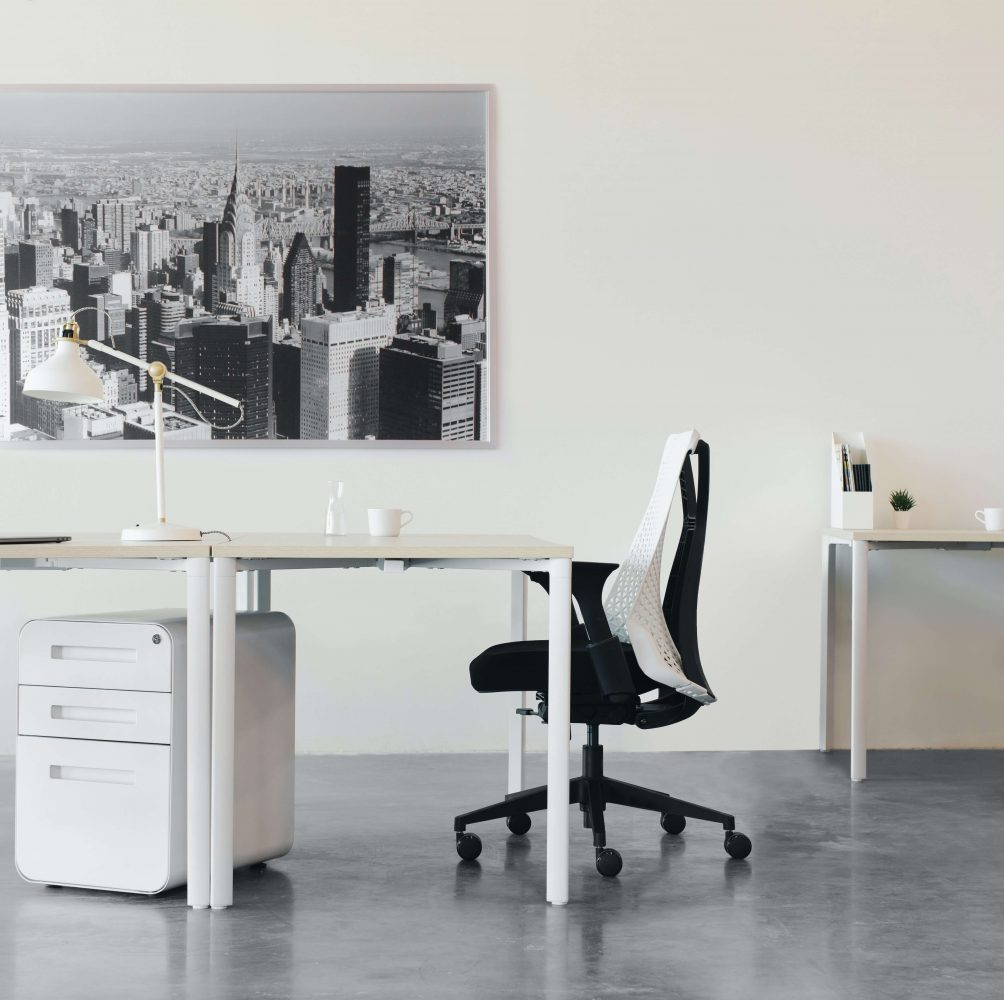
Women-owned businesses are bearing the brunt of economic losses during the pandemic — and the forecast looks bleak compared to their male counterparts, according to a new study released on Wednesday by the U.S. Chamber of Commerce.
Women who run small businesses are less optimistic about revenue, investment and hiring compared to male-owned small businesses, according to the analysis, which did not break down demographics within female-run businesses (companies run by women of color face even more devastating losses).
[Related: How to Manage a Small Business During the Coronavirus Crisis]
The disparity between how women and men ranked the health of their businesses existed pre-pandemic, but the difference now is starker. In July, 62% of male-owned businesses said their companies were doing well, compared to just 47% of female-owned businesses.
In addition, more men have bulked up their staffing in the past year, while female founders reported that their hiring numbers went down — from 18% in the first quarter of 2020 to 15% in July.
Suzanne Clark, president of the U.S. Chamber of Commerce, blamed Congress for inaction on small business relief.
“Congress’ inability to provide relief to America’s small business owners is unconscionable and inexcusable,” Clark said in a statement. “We need to help struggling small businesses safely reopen and stay open so they can continue to grow and create local jobs in their communities.”
Historically, women have a harder time accessing funding when starting up their ventures, and during the coronavirus crisis they have consistently struggled to receive federal money through the Paycheck Protection Program.
[Related: Women-Led Startups May Take Greater Financial Hit from Covid-19]
From a Seattle college startup founder to New York City restaurateurs, many women across the nation say they have watched as the federal program crashed their computers and endured long waits to see the money finally appear in their bank accounts — all while trying to figure out how they’d pay rent on storefronts, retain employees and homeschool their kids.
And while many women are getting creative, more men appear to have the financial capital and logistical bandwidth to keep their businesses afloat.
Men are seeing an 11% jump in investments over the next year, while women reported no increase, according to the report. More than half of men surveyed said they expected the next year’s revenue to increase in the first quarter, compared with 49% of women.
Maxine Turner, founder of Cuisine Unlimited in Salt Lake City, Utah, said another influx of cash from the federal government is desperately needed.
“My 40-year-old catering company has made it through ups and downs in business before, but I don’t see us surviving Covid-19 without additional help from our elected representatives in Washington,” she said.

